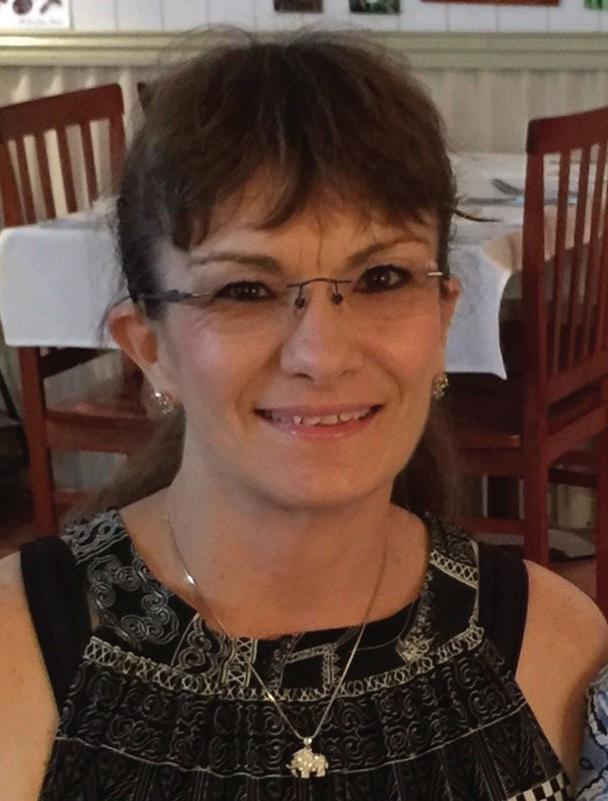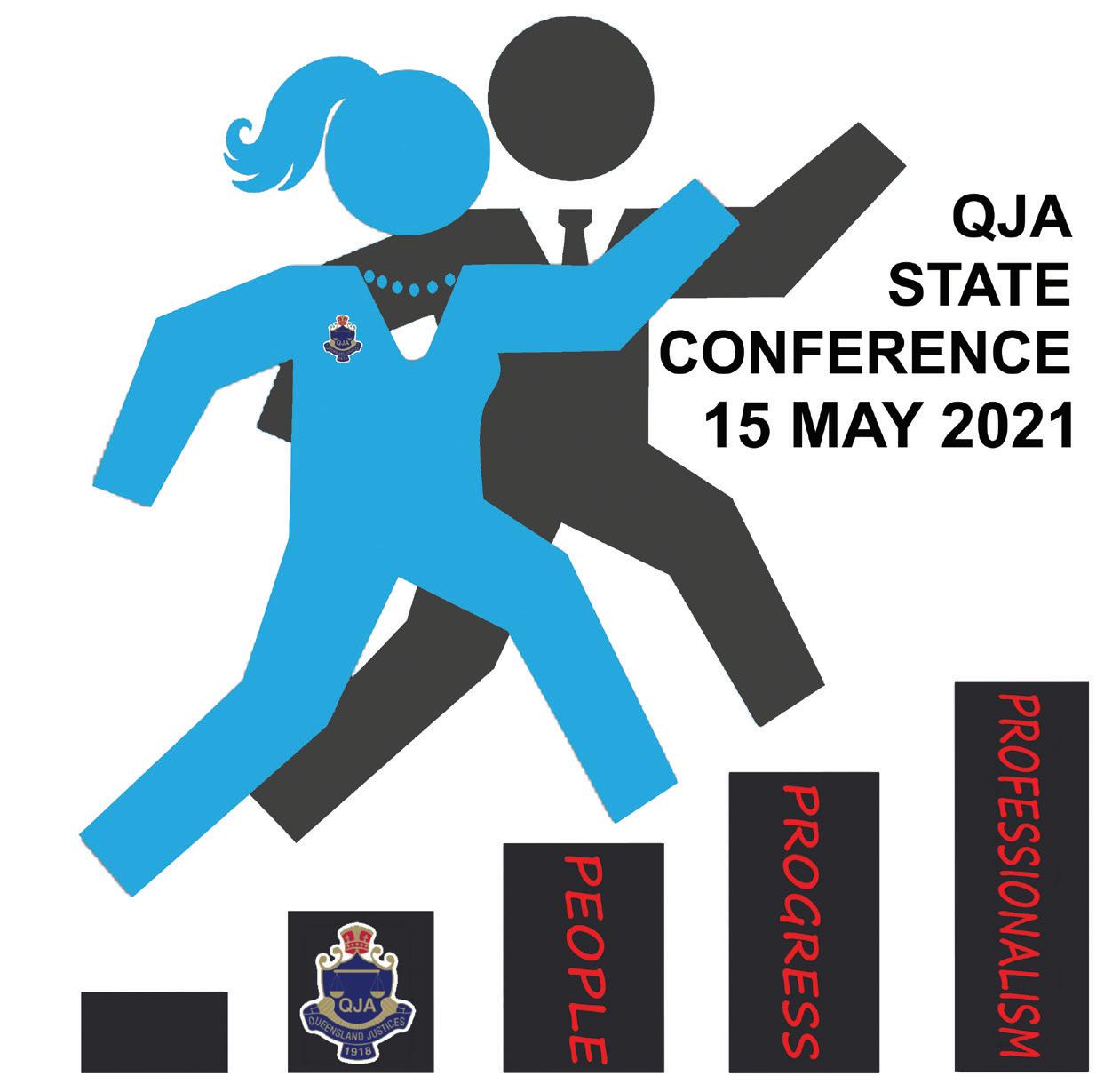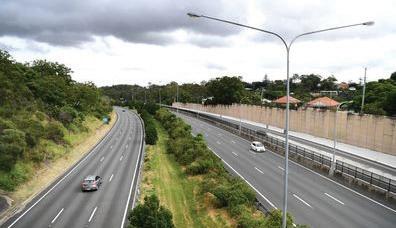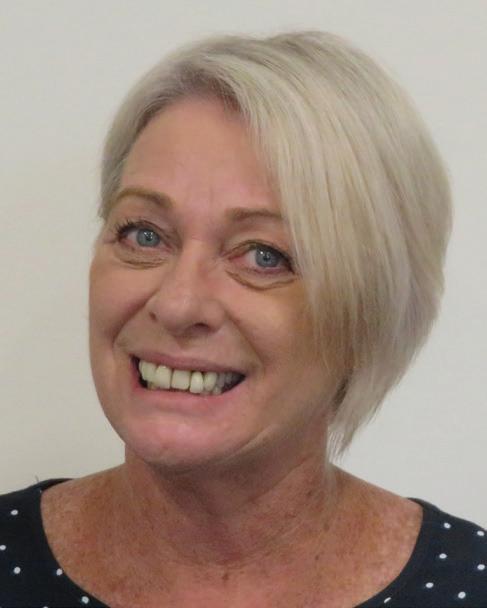4 minute read
TECHNICAL NEWS
Next Article
MEMBER PROFILES
Now working at The Prince Charles Hospital in Brisbane, Judy says work looks a bit different this year as social distancing and other restrictions have been put in place. Judy spoke about how quiet the hospital became at the beginning of the pandemic. Elective surgery and some outpatient services were put on hold, hospital wards were made ready to treat an influx of patients with COVID-19 and all non-essential staff and volunteers were asked to stay at home. The place seemed rather eerie. Fortunately, to date, those wards have not been filled with COVID-19 patients and there is a feeling that the place is emerging from its cocoon as services come back on line. Judy and her husband Bob, who is also a JP, are usually found at the Brookside Shopping centre witnessing for the JPs in the Community Program. However, due to the temporary closure of the program they have set themselves up quite nicely on the patio at home to receive clients needing JP services.
Beverley Leckie JP (Qual)
Beverley Leckie RN JP (Qual) is one of our members working on the front line at Princess Alexandra Hospital (PAH) in Brisbane, where she is the Nurse Unit Manager on the transplant ward. Originally from Adelaide, she saw the light and made the trip up to Queensland twenty years ago and has not looked back. Despite being a member of a dedicated profession that gives enormous comfort to the community, Beverley felt that she would like to do some volunteer work. Given the hours and shift work attached to a nursing career Beverley was on the lookout for a volunteer role that she could fit in to her busy schedule. As a Nurse Unit Manager organising, managing and processing paperwork is a major part of her job so becoming a JP (Qual) seemed like the obvious answer. She undertook the QJA online training course under the tutelage of QJA Trainer and former staff member Cindy Revell, and was appointed as a JP (Qual) in March 2017. Beverley participated in a 10-week mentoring program through the JPs in the Community Program, at her local shopping centre and continues to volunteer there on a monthly basis. However, most of her justice services are provided to her colleagues at the PAH where she is one of a number of JPs listed on PAH’s internal website. When asked about the services she provides she said ‘health professionals are not often in a position where they can pop out at lunch time to find a JP, so having someone on site is really appreciated. Much of the witnessing I do is work related such as certifying ID and other documents for the Australian Health Practitioner Regulation Agency (AHPRA), and witnessing statutory declarations.
Under normal circumstances she would process documents for about one client per week. Since our life styles have been curtailed by COVID-19 restrictions, Beverley is in greater demand and sees about one client per day. She didn’t have to make many concessions about providing her services as good hand hygiene and infection control is just part of daily life for health practitioners. Since qualifying as a JP Beverley has become a very active member of the QJA Western Suburbs Branch where she is the Professional Development Officer. Each month Beverley researches topics of interest, organises slide shows, quizzes, multiple choice questionnaires, and refresher sessions. She says she enjoys the benefits of branch participation, meeting likeminded people and learning from the experience of others. Of her involvement with the QJA Beverley says “I see the benefits of QJA membership in such a positive light. It provides so much information and resources on the website to keep me up to date with JP practice. It is a great networking tool and I get a lot out of our monthly branch meetings. I am also pleased to hear about the progress on the accreditation program and fully support the idea of introducing requirement for ongoing continuous professional development (CDP) points. I think this will raise the status of QJA members and give the public confidence that QJA members provide a quality service.’ Caring is part of Beverley’s DNA. She is concerned about her JP colleagues, in particular, those who are retired, perhaps live alone, and have temporarily lost the opportunity to socialise through their community service. Perhaps ‘socialising electronically’ with QJA members via ‘Zoom’, ‘Team’ or ‘Skype’ can help to fill the gap.
TECHNICAL NEWS
Some of you may have participated in the Department of Justice and Attorney General webinar on The Human Rights Act 2019. The key messages are outlined below. Further details can be found at www.justice.qld.gov.au Key messages: • The Human Rights Act 2019 creates a decision-making framework that protects the human rights of individuals when they interact with the Queensland Government. • When you provide services to the community as a JP, you must consider how the human rights of individuals are affected by your actions or decisions. • There are no personal charges or fines for JPs who make decisions that aren’t compatible with human rights. However, there may be consequences for the people trying to access services provided by JPs. For example, if a decision to issue a search warrant is incompatible with human rights, a court could say the evidence is inadmissible.









